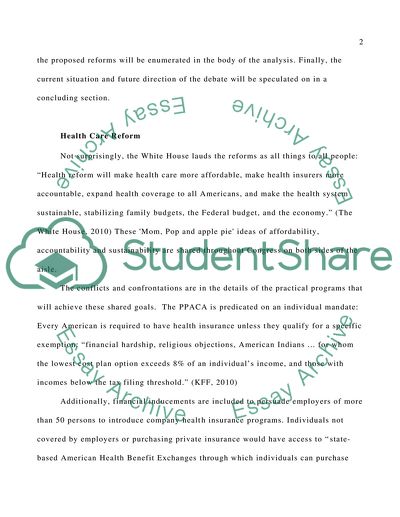Cite this document
(Congress and the Health-Care Research Paper Example | Topics and Well Written Essays - 1750 words, n.d.)
Congress and the Health-Care Research Paper Example | Topics and Well Written Essays - 1750 words. Retrieved from https://studentshare.org/politics/1748165-congress-and-the-health-care-no-reform
Congress and the Health-Care Research Paper Example | Topics and Well Written Essays - 1750 words. Retrieved from https://studentshare.org/politics/1748165-congress-and-the-health-care-no-reform
(Congress and the Health-Care Research Paper Example | Topics and Well Written Essays - 1750 Words)
Congress and the Health-Care Research Paper Example | Topics and Well Written Essays - 1750 Words. https://studentshare.org/politics/1748165-congress-and-the-health-care-no-reform.
Congress and the Health-Care Research Paper Example | Topics and Well Written Essays - 1750 Words. https://studentshare.org/politics/1748165-congress-and-the-health-care-no-reform.
“Congress and the Health-Care Research Paper Example | Topics and Well Written Essays - 1750 Words”, n.d. https://studentshare.org/politics/1748165-congress-and-the-health-care-no-reform.


